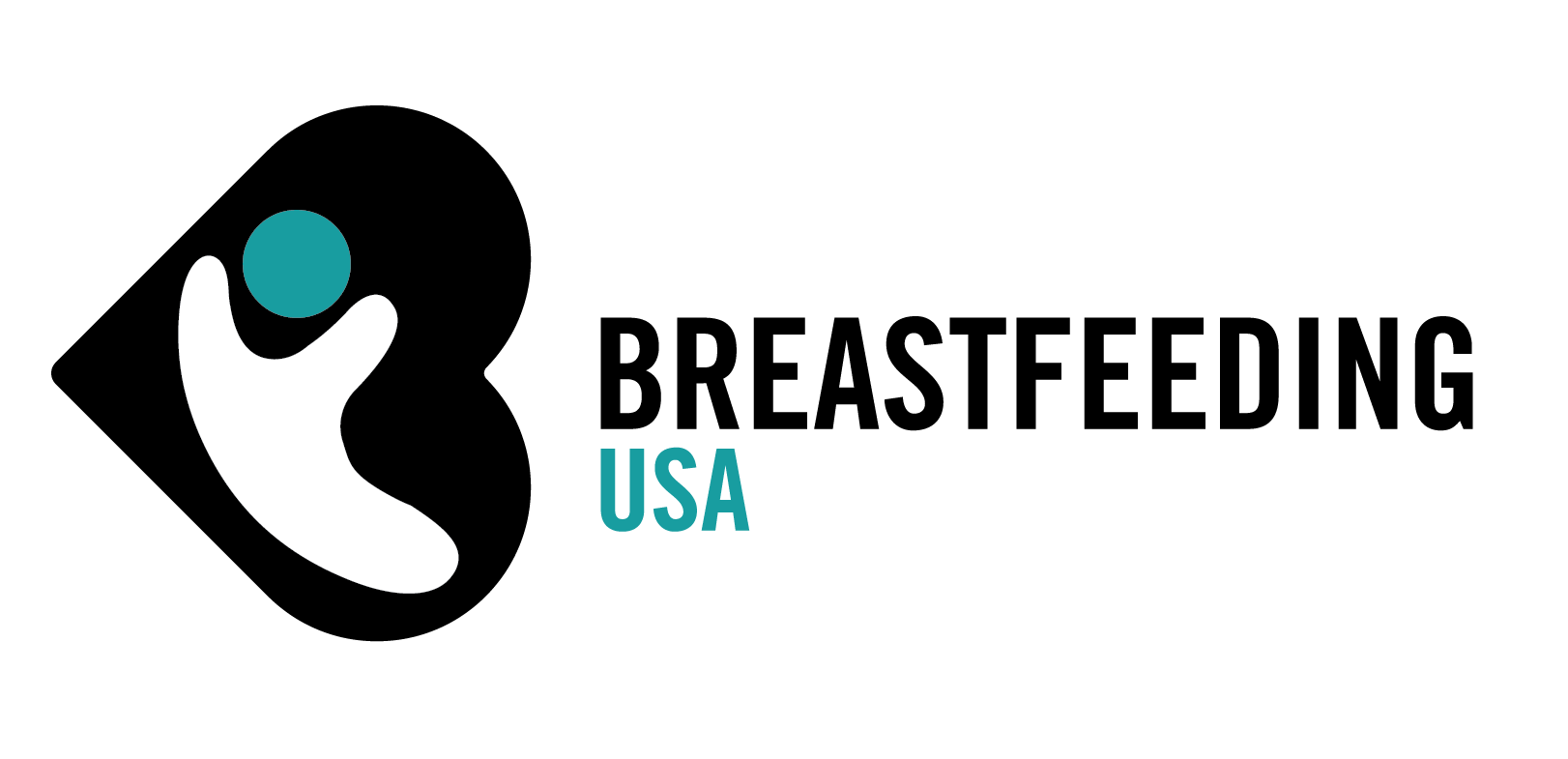By Jacqueline Levine, LCCE, FACCE, CD(DONA), CLC
No one can know what life is like with a newborn baby before having one. Many say, “No one ever tells you what it’s really like.” That’s very true, because it’s a story that can’t be told beforehand. It will be a story that you and your baby will tell together. But some things we can tell you for certain. These things have been studied and understood for quite a while. One of the things we know is the normal way newborns eat and the natural food they are meant to have.

You already know without anyone telling you that one of the main jobs in your life with your baby is feeding her. Feeding this baby from your breast is the easiest, healthiest, cheapest, safest, least tiring, most fascinating and delightful way to give your baby food. Feeding your baby can be simple and satisfying and healthy and amazing for the both of you if you nurse your baby.
Your body already started preparing food for your baby by making colostrum, an early kind of milk, when you were about 16 weeks pregnant. Now that your baby is here, you will have the right amount of that milk available from the moment she finds your breast. And she can find your breast all by herself when you lie back, and she lies flat on your body, sort of tummy-to-tummy. She can do that when she’s less than an hour old. You will watch her cute efforts to wiggle around and come to your breast without much help at all. She knows where to go and what to do when she gets there! She knows more than you do about this, so let her show you.
Only you are the mother of this baby, and others should honor what you decide for him. If you know what the best scientific evidence says about nursing your baby, you can act in the healthiest and happiest way for both of you, and everyone in the hospital should listen to you and support your wishes. There may be times when the hospital wants to do things to you and your baby because of hospital routines that may not be in the best interests of you and your newborn. One example of that is taking your baby away from you and giving him a bath before he’s even 6 hours old. He may not be ready to keep his temperature steady yet, especially after a bath.1,2 You can request that they wait a few more hours before the bath, and do it when you are close by, so that he can go right back on your skin to keep his temperature nice and stable. An even temperature is very important for his health.
When you first meet this new baby, he is ready to adjust well to life outside your body. It’s going to be your delight to watch him while he is resting on you and getting ready to nurse for the first time. No one should rush him or rush you. Let him do it in his own time. Remember you are the mother, and you can tell the hospital staff to let this baby stay on your body for at least an hour. He must adjust and then nurse for the first time before they do anything at all to him. That means no eye ointment or he won’t be able to see you well; no weighing, no shots. Nothing at all should disturb you and your baby in the first hour or so. You can tell your caregiver that your baby should have no bottles, no pacifier, just you. You can insist and the staff should honor your wishes. You are now a mother and this is your baby.
Here’s what all baby doctors and scientists want you to know about how to begin feeding your baby with your milk. Keep your baby with you and as close as possible day and night. That means right next to you in your hospital room. And that also means keeping your baby on your chest, with his bare skin on your bare skin for good long periods of time. All of a baby’s body functions, temperature and heart rhythm and blood pressure and breathing are nicely regulated by being on your body. When your baby stays close, you will very quickly get very good at seeing your baby’s “feeding cues.” That means you’ll see your baby do the little movements of his hands and mouth and body that mean that he is ready to nurse. That’s his way of asking for food. That’s his language.
While your baby is on your chest, he may bob his head around and find your nipple and begin to nurse while he is still half asleep. It’s amazing to see. He’ll just be doing what comes naturally. Babies love to nurse and they are born to suck, so in the beginning of your life with him, he may want to nurse a lot. He knows what he needs, so just follow his “cues”, and feed him whenever he asks. Babies who spend lots of time on their mom’s bare skin in the first days and weeks after birth cry less, eat and digest better. They also sleep well, and that’s great for you. Newborns really are meant to spend their early days and weeks as close to you as they can get. Just keeping your baby close to you makes him healthier. As time goes by you will see that it’s really the easiest way to keep him fed and happy and to keep your breasts comfortable. Plus think of all the wonderful cuddling you and your babe get to do.
The more you know about all the good things that will happen to both of you when you decide to nurse your baby, the more you’ll understand how really important it is. You’ll see that your decision to breastfeed will mean a lot more than just the easiest way to feed, or good health or saving money. It will mean that you are able to enjoy the deep and special and lasting attachment that happens to you and your babe when you are a breastfeeding pair. Your baby needs and wants the special food only you can give him… your milk… and you’ll be amazed at how much he really does want it.
While you are in the hospital, you will be able to have a nurse or a lactation expert— someone who knows about nursing—show you how to find a comfortable position for nursing. The expert will explain what your baby needs and what you need for a good beginning. You’ll learn how your baby changes over the first weeks of his life with you, and how your milk changes along with him. In just the first few days of your life together, you will become an expert on the subject of your new baby. You’ll learn about her ways. You’ll be surprised at how easy and pleasant and just plain amazing it is to nurse your baby and how well you both will do it together.
References
- World Health Organization. (2009). Newborn Care Until the First Week of Life: Clinical Practice Pocket Guide. Geneva, Switzerland: World Health Organization, 19.
- World Health Organization. (1997). Thermal Protection of the Newborn: A Practical Guide. Geneva, Switzerland: World Health Organization, 14.
Jacqueline Levine, LCCE, FACCE, CD(DONA), CLC
© Copyright Breastfeeding USA 2012. All rights are reserved.
